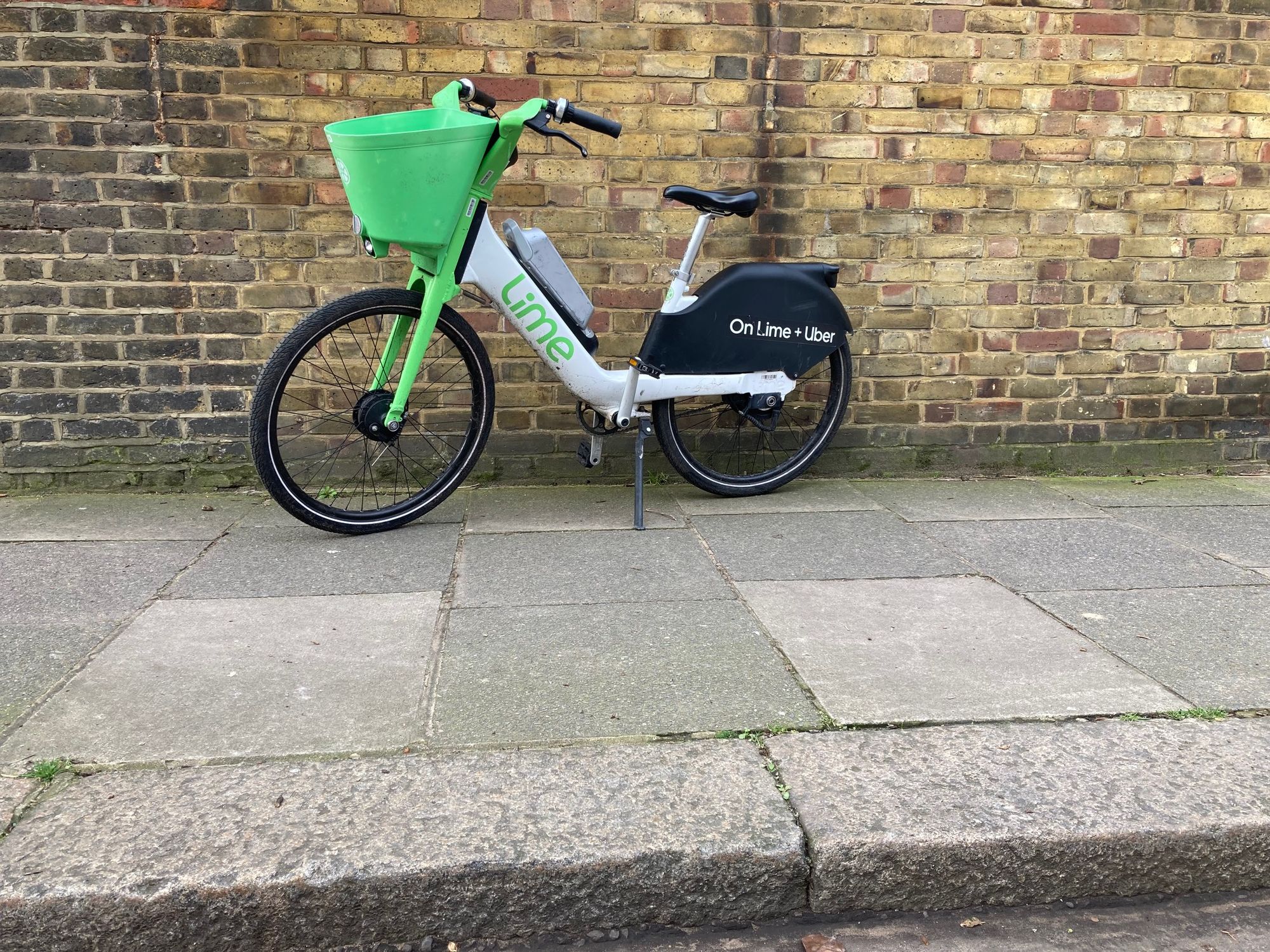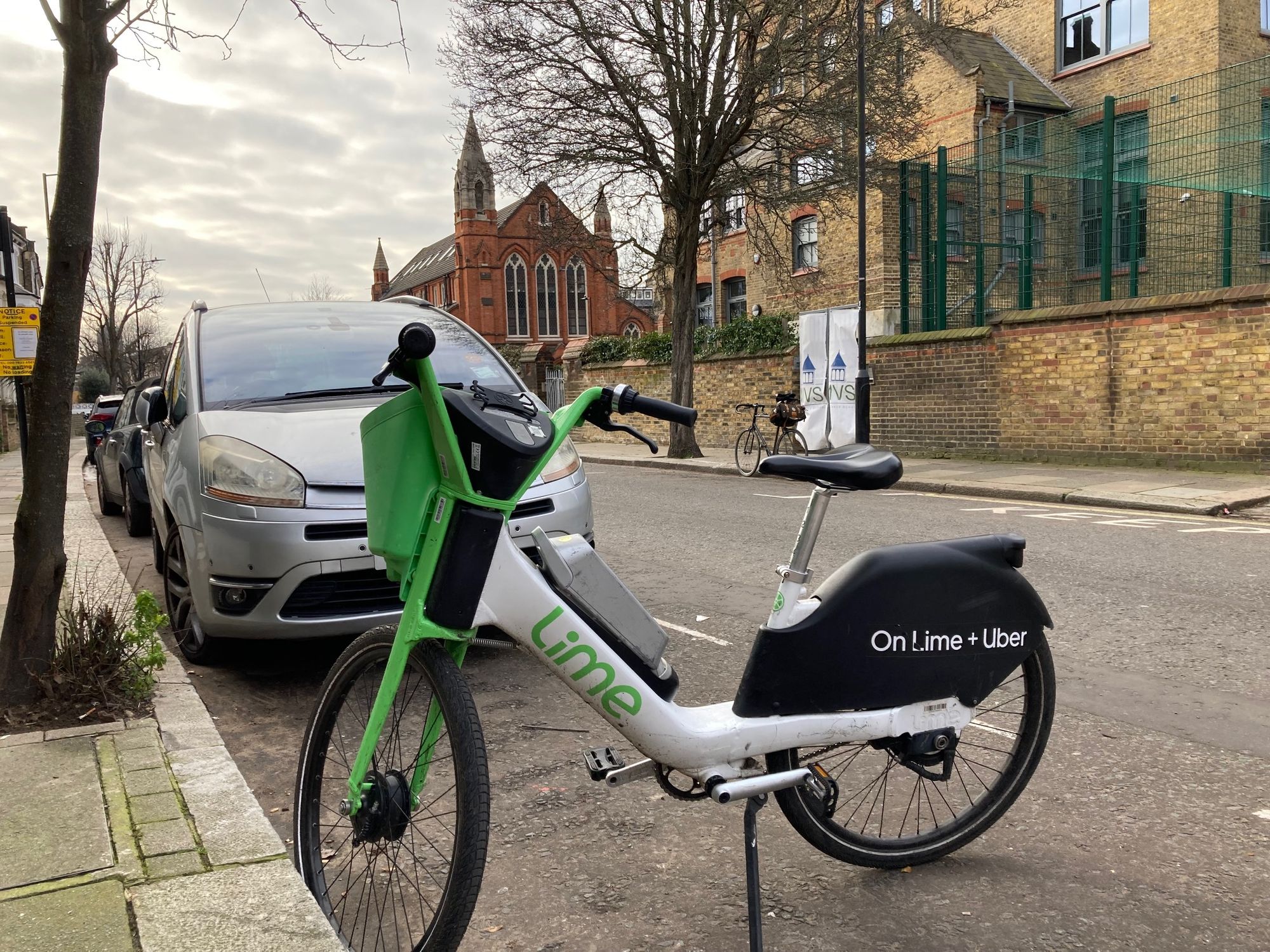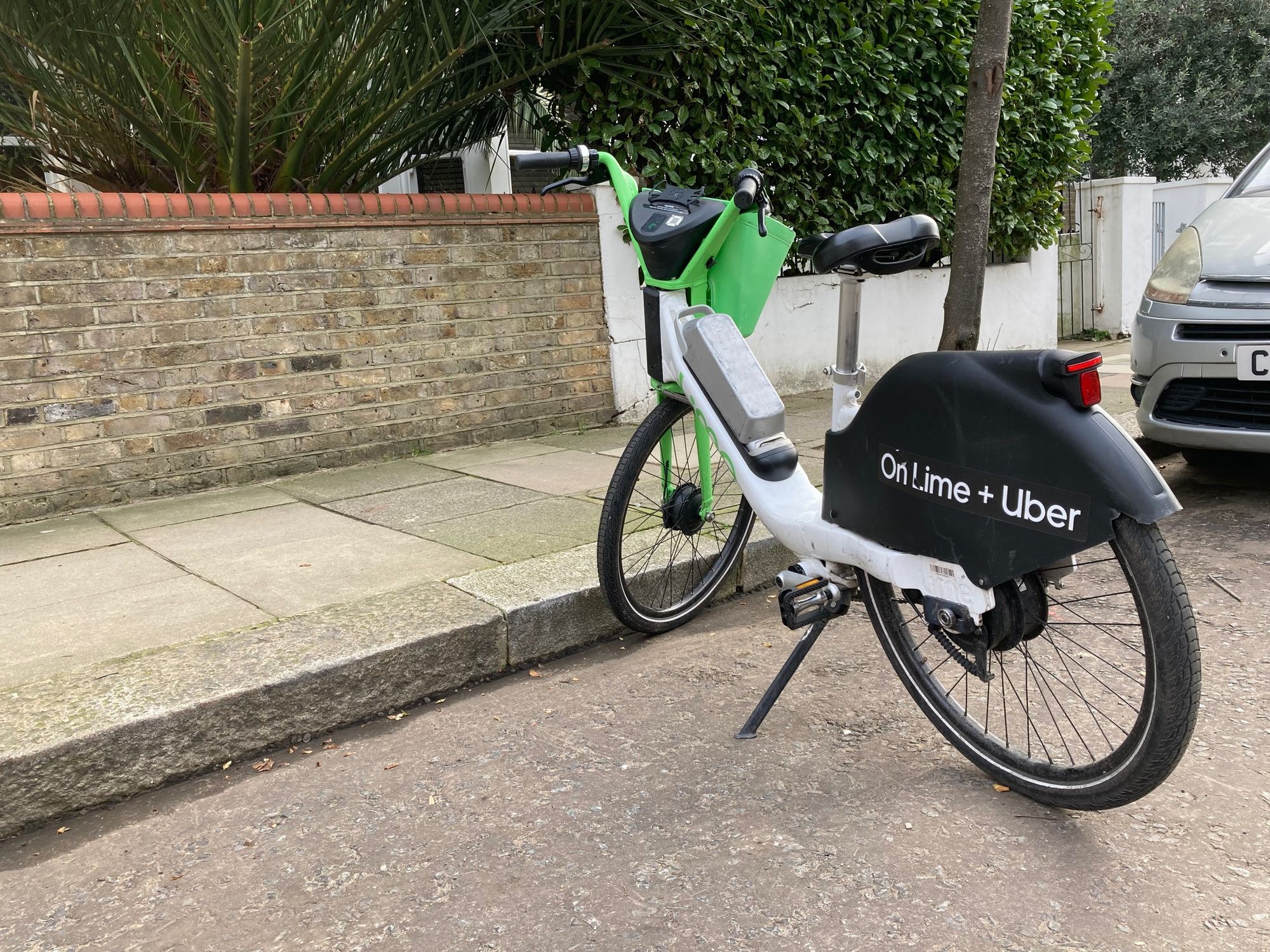Dockless bikes – problem or solution?
Westminster has the highest levels of pollution and congestion in London. It has pledged to reach net zero by 2030. And the Mayor has set a London-wide target of reducing road traffic by 27% by the same date.
Against this background, the arrival of dockless e-bikes should be welcomed. Granted not everyone wants to cycle. And certainly there are some problems with the way these bikes are parked.
But dockless bikes solve so many problems, from carbon emissions to public health, that the council should be doing everything it can to increase uptake.
So it's frustrating that the new administration seems at best rather grudging towards dockless bikes, treating them as a nuisance rather than an opportunity.
Simple solutions
Dockless bikes aren't perfect. A minority of riders park them irresponsibly, which can make life harder for pedestrians, especially those with mobility issues.

But the extent of the problem has been exaggerated, mainly on social media. Yes, some bikes can cause blockages and trip hazards. But the vast majority of them don't.
In any case, the solutions are quite simple.
First, the bikes should be parked in the road, at the kerb, rather than on the pavement. This would be a far more efficient use of kerbside space than using it for parking private motor vehicles. And in a borough where about two thirds of households don't even own a car, this would represent a much fairer use of public space.

Secondly, there needs to be a meaningful deterrent against bad parking. Lime, the main operator, currently levies fines of just £2.
Either or both of those solutions would solve the problem of pavement parking overnight.
Populist manoeuvres
It's therefore disappointing that the council appears not to have given them any consideration.
Instead, in response to a noisy social media campaign, and just 83 recorded complaints, it has reached for the populist playbook. Last summer officers drove around the borough impounding dockless bikes in the back of a diesel van, a photographer handily in tow. Just 14 bikes were removed, raising the question of what the purpose of the exercise was.
Then, just before Christmas, a council report proposed two further measures that, if enacted, would have a far more detrimental impact.
Capping and dedicated bays
The first proposal was to cap the number of bikes in the borough at any one time.
This would make the scheme less attractive by reducing availability. It would also drive up hire costs. And in a borough that is frequently gridlocked with uncapped motor traffic, capping bikes, which are the solution to that gridlock, is simply perverse.
The report’s second proposal would involve scrapping the current “free parking” model, whereby the bikes can be parked almost anywhere (subject to the existing restrictions).
In its place the council is proposing to introduce designated geo-fenced parking bays. This would fundamentally alter the nature of the scheme.
This needn’t necessarily be a problem. If there is at least one bay on every street, the scheme’s principal attraction – door-to-door journeys – would be retained. And the council would be able to meet one of its key its pre-election pledges – to bring micromobility within easy reach of every home.
But will the proposed network of bays be anything like that dense? The current scooter trial has just 68 bays across the entire borough. And scooters have a much lower usage rate than dockless bikes.
Squandering an opportunity
Dockless bikes represent a ready-made way of unlocking cycling in Westminster. They are far cheaper than providing cycling infrastructure. Their costs have been, and will continue to be, borne largely by the private sector.
They also give the borough a realistic chance of achieving significant modal shift, which is the only way it is going to meet its targets.
The council’s current mindset is squandering the opportunity that dockless bikes represent. It should welcome these schemes and work with the operators to make them better.
